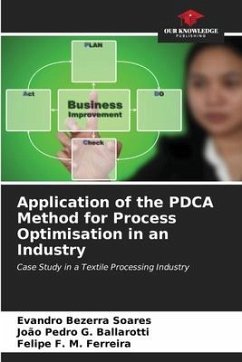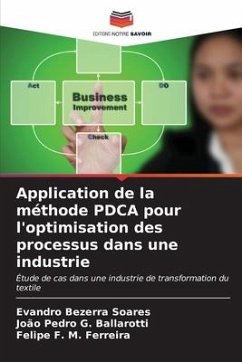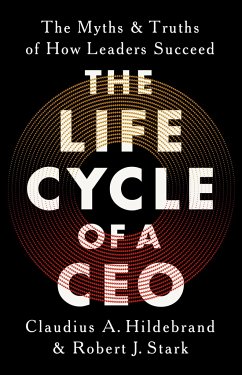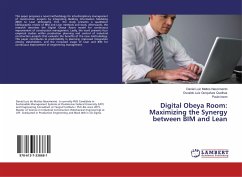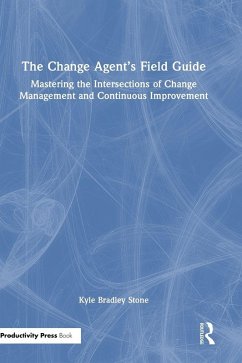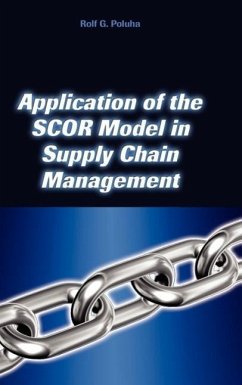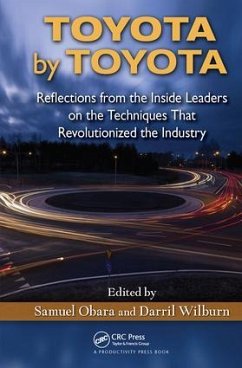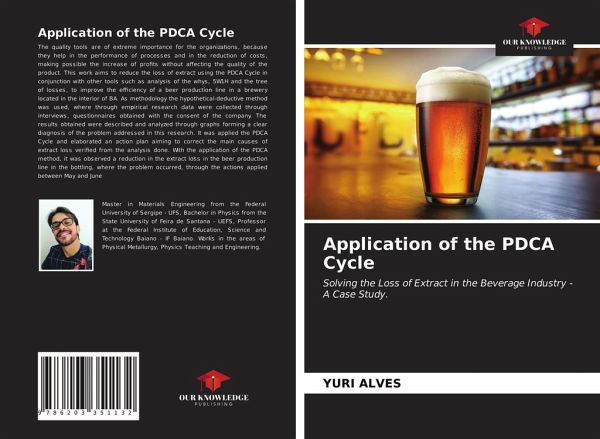
Application of the PDCA Cycle
Versandkostenfrei!
Versandfertig in über 4 Wochen
40,99 €
inkl. MwSt.

PAYBACK Punkte
20 °P sammeln!
The quality tools are of extreme importance for the organizations, because they help in the performance of processes and in the reduction of costs, making possible the increase of profits without affecting the quality of the product. This work aims to reduce the loss of extract using the PDCA Cycle in conjunction with other tools such as analysis of the whys, 5W1H and the tree of losses, to improve the efficiency of a beer production line in a brewery located in the interior of BA. As methodology the hypothetical-deductive method was used, where through empirical research data were collected t...
The quality tools are of extreme importance for the organizations, because they help in the performance of processes and in the reduction of costs, making possible the increase of profits without affecting the quality of the product. This work aims to reduce the loss of extract using the PDCA Cycle in conjunction with other tools such as analysis of the whys, 5W1H and the tree of losses, to improve the efficiency of a beer production line in a brewery located in the interior of BA. As methodology the hypothetical-deductive method was used, where through empirical research data were collected through interviews, questionnaires obtained with the consent of the company. The results obtained were described and analyzed through graphs forming a clear diagnosis of the problem addressed in this research. It was applied the PDCA Cycle and elaborated an action plan aiming to correct the main causes of extract loss verified from the analysis done. With the application of the PDCA method, it was observed a reduction in the extract loss in the beer production line in the bottling, where the problem occurred, through the actions applied between May and June





